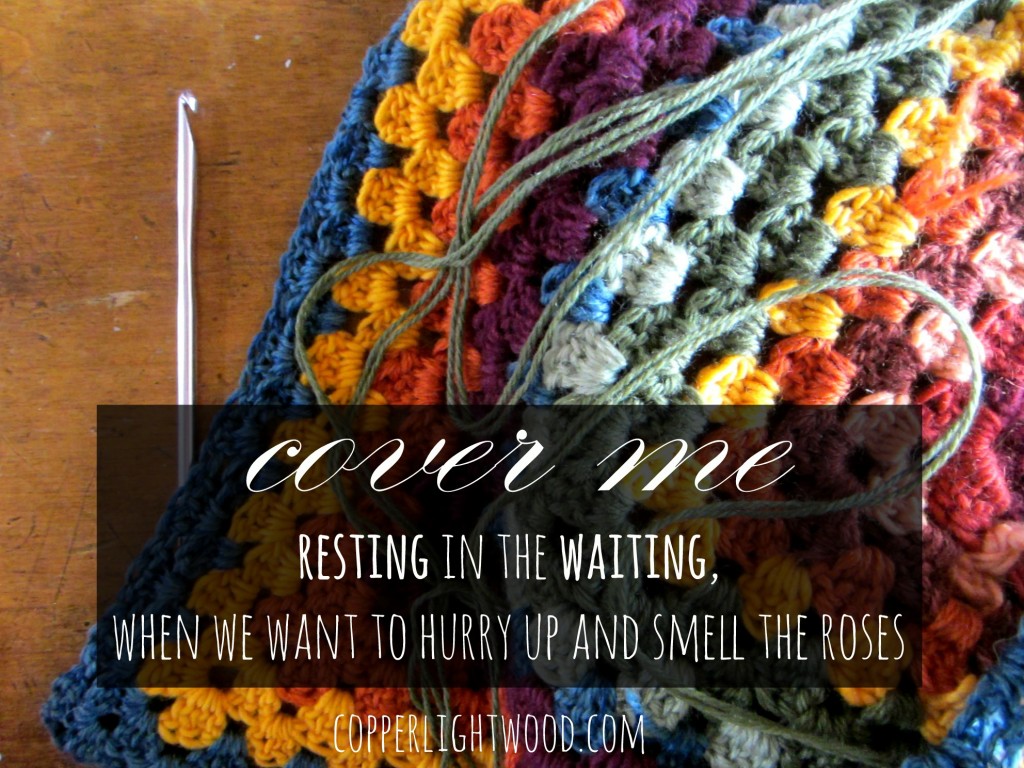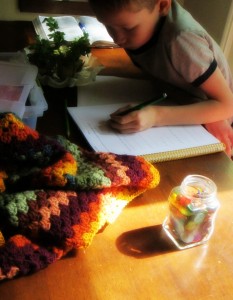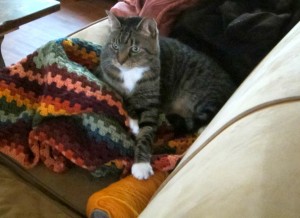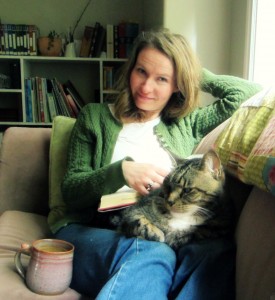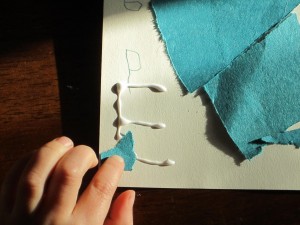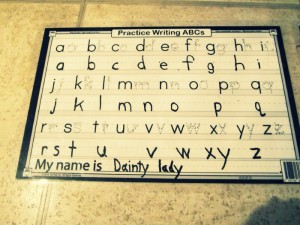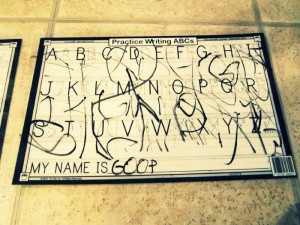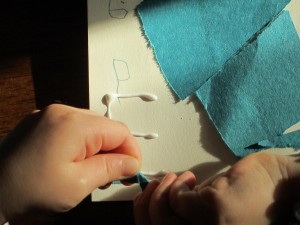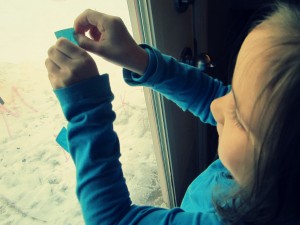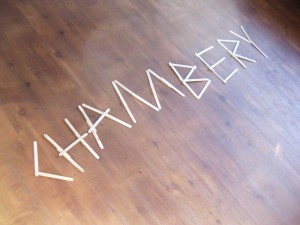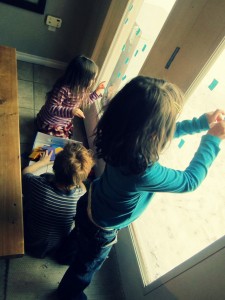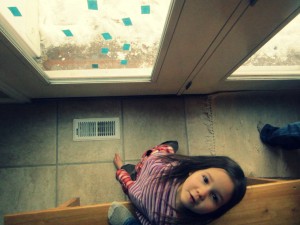This is an excerpt from Work That God Sees: Prayerful Motherhood in the Midst of the Overwhelm.
_______________
A glittering day. The sun is up, but not awake yet – its light is still copper, like a red-haired child with curls sticking out every which way, rubbing his eyes. Morning came early and my hair is still damp from last night’s shower.
Three girls are up and bickering, requiring intervention at an average rate of two minutes per child, so in six minutes I’ve thrown the covers back three times. I give up and grab the coffee, and start throwing it back, instead.
The day moves into breakfast, chores, lessons. You know how this goes – small details, a few more assignments every day, success gained in baby steps. Like the new blanket that will warm us in the fall, growing stitch by stitch – we work on it for a while, check our progress, and by golly – it doesn’t look any more finished than it did three weeks ago. It’s not nearly big enough to cover us. It’s nowhere near the size it’s supposed to be. And yet, there must be some progress, because I can see the colors changing.
The Word is full of vital force, capable of applying itself. A seed, light as thistledown, wafted into the child’s soul, will take root downwards and bear fruit upwards.
– Charlotte Mason, Home Education
But we are impatient. Many days it feels like we’re caught somewhere between the need to enjoy the peculiarities of this season, and the need to rush some changes so we can enjoy this time more effectively. It’s a weird uneasiness, this hurry-up-and-smell-the-roses feeling.
That afternoon, on the couch with a sunburn so radioactive that NASA is probably tracking me, I’m trying to finish the last twenty pages of this Charlotte Mason book I started reading two years ago. I’m struggling mightily with that “power of attention and will” she speaks so highly of because there are five kids outside the open window telling stories to each other, eating lunch in a fort they made from a tarp and the patio table.
Over the clink of forks on plates and rustling of leaves in trees, I hear Iree, in an overdone British accent. “Loooong agooo, before the pushmi-pullyu was extinct—”
Andrey interrupts. “What is dat? It stinks? Ewww!!”
“No, extinct. Dead. No more of them are around anymore.” I can hear someone snickering – probably Afton, that red-haired child with curls everywhere.
The wonder that Almighty God can endure so far to leave the very making of an immortal being in the hands of human parents is only matched by the wonder that human parents can accept this divine trust with hardly a thought of its significance.
– Charlotte Mason, Home Education
That night, like so many nights after the kids are in bed, we decompress and evaluate the day. Sometimes we look at the week and year ahead. We look at behavior and progress, in us and in our kids, and we wonder if the colors are changing.
We wonder if a child is ready for more freedom. We wonder if another child is ready for more responsibility. We wonder about our own faith – sometimes it feels like it’s not nearly big enough to cover us. It’s nowhere near the size it’s supposed to be.
We pray, and Vin puts it into words for me. “God, we’ve planted a lot of seed. We’re waiting…but we’re tired of looking at just dirt.”
And I remember something a friend said to me recently about attachment: The best progress is the slow progress. The best healing is the deep healing. Growth, and grief – they both process slowly.
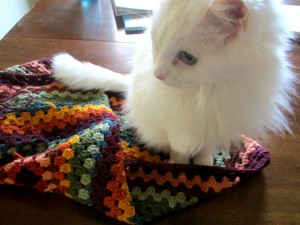
For the wife, sister, friend, daughter, mama – for the overrun one who finds herself crouched on the bathroom floor, elbows on knees, head in hands: When we feel like we’re making bricks without straw, we run to the unruffled One who calmly used a basket of loaves and fish to feed thousands.
Never fear, whatever may happen. You are both being led. Do not try to plan. I have planned. You are the builder, not the Architect.
Go very quietly, very gently. All is for the very best for you.
– God Calling, edited by A.J. Russell
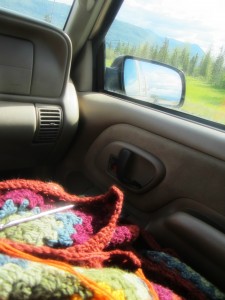
On Sunday I sat with a child who never knew how to be held by a mother – who didn’t know how to relax in affection but would only submit in stiff fear: body rigid, legs unbending. She’s been our very own push-me-pull-you as she learns about body space, gentleness, and appropriate touch. And now she leans, rests against my side during the church service – not in fierce pushing as before, but gently laying her head on my shoulder. She nestles there, hands folded, legs hanging off the chair, one sandal kicked off. Resting.
It’s only because He is big enough to cover us, all of us. We can see the colors changing. Slowly, stitch by stitch, we make the blanket that warms and shelters.

